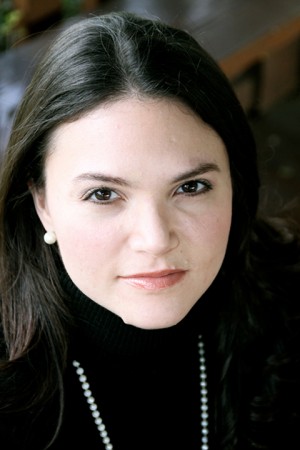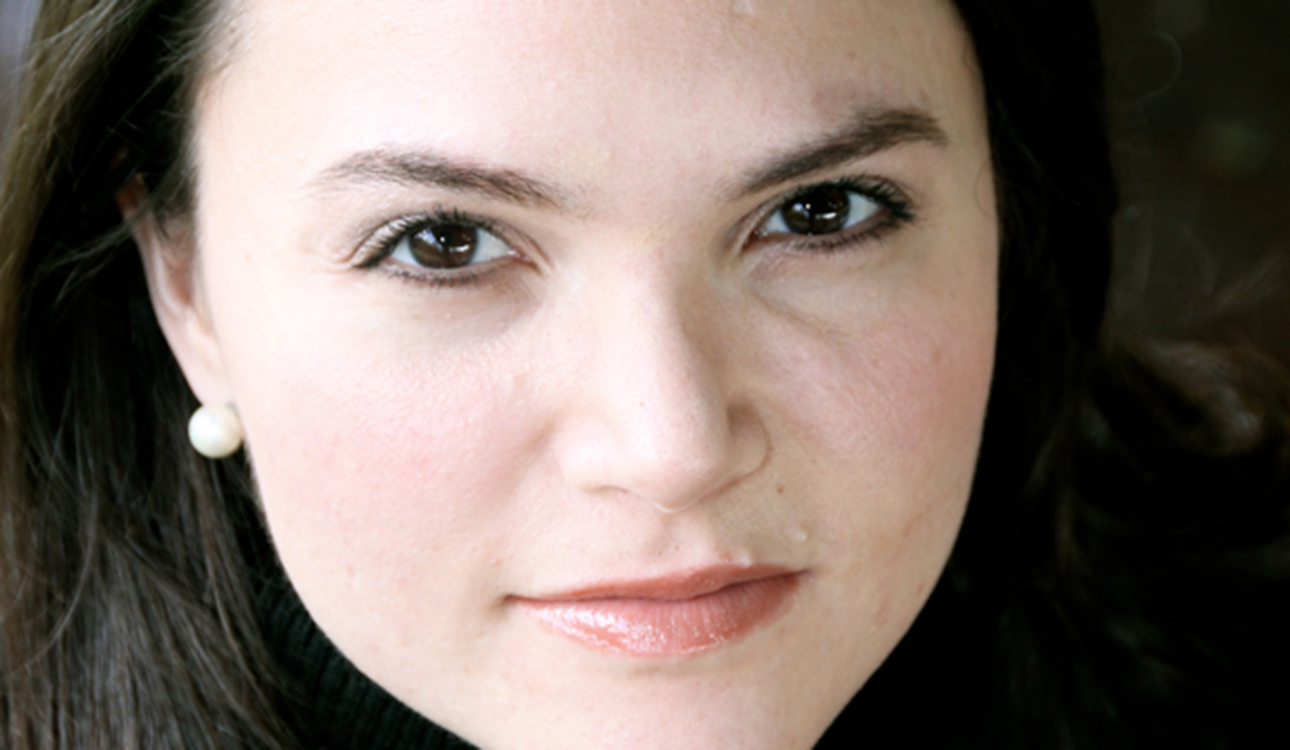
(Courtesy Art)
By Madison Ferril
Reporter
For many Americans, thinking of Kuwait may spark thoughts of the First Gulf War.
However Dr. Alessandra Gonzalez, an alumna and research fellow with the Baylor Institute for the Study of Religion, thinks of feminism. Gonzalez is the author of the book “Islamic Feminism in Kuwait: The Politics and Paradoxes.” It brings the paradox of feminism in this small Middle Eastern country to the forefront.
Gonzalez said she became interested in Islamic feminism while searching for a topic for her dissertation.
During her search, Gonzalez said she noticed that women in Kuwait weren’t granted full political rights — meaning the right to vote and run for office — until 2005. Gonzalez wanted to know why.
“I wanted to know what had motivated these women to fight for their political rights within their faith and tradition,” Gonzalez said.
Gonzalez said Kuwaiti women are heavily influenced by the society and culture they live in, which is traditionally conservative. Many of these women, she said, many women still want to maintain some traditional values, although they want equal rights.
“We all have outside factors that influence our personal decisions,” Gonzalez said.
Through surveys and interviews, Gonzalez found younger Kuwaitis want to combine traditional and modern values in their approach to feminism.
“The youth I talked to hold both modern and traditional values,” Gonzalez said. “There’s still a desire to maintain some identity with the past.”
Gonzalez traveled to Kuwait and did her research through a combination of 1,000 surveys given to Kuwaiti college students and 30 in-depth interviews with both men and women about women’s rights. Gonzalez said initial research for the book took two years, and it took two more years for her to write, edit and publish the book.
Dr. Paul Froese, who served as the chair of Gonzalez’s dissertation committee, said Gonzalez wrote the book in an attempt to describe a phenomenon frequently misunderstood in the West.
“Feminism comes in different forms,” Froese said. “There’s not one route to greater gender equality, just like there’s not one route to greater democracy.”
Surprised by her findings, Gonzalez said she had to reconsider many of her own views about Islam and women’s rights in the Middle East.
“These women are agents of their own change and don’t need to be saved,” Gonzalez said.
In addition, Gonzalez said some men are helping women gain more rights in Kuwait.
“I think one of the greatest analogies I was told is that the country is like a family,” Gonzalez said. “Men and women work together.”
Gonzalez said while she uses the term Islamic feminism in her book, many people she interviewed were hesitant to identify as feminists.
“Many people didn’t say they were feminists,” Gonzalez said. “They were more likely to say ‘I’m for women’s equality’ or ‘I’m for women’s rights.’”
Most women Gonzalez surveyed or interviewed were concerned about the issue of economic independence.
The more conservative aspects of the culture often encourage women to stay at home — which can limit their ability to work or learn skills.
“Equal pay laws are on the books, but it’s sometimes difficult for women to get jobs because they don’t have the necessary skill sets,” Gonzalez said.
Some other important issues to these women were access to education and professional training and personal status laws, she said.
Personal status law is the body of law covering issues such as marriage, divorce and child custody. In Kuwait, this type of law is deeply rooted in the holy books of Islam, the Quran and the Hadith. The Hadith consists of sayings attributed to Muhammad, but not stated in the Quran.
Gonzalez said she hopes her book is helpful to anyone who wants to learn more about faith and women’s rights in another country.
She said she thinks that possibilities can open up when people take the time to see an issue from another viewpoint.
“As American feminists have their debates I think we can learn from these women to take progress slowly and check in on ourselves. An element of self-criticism is healthy.”






